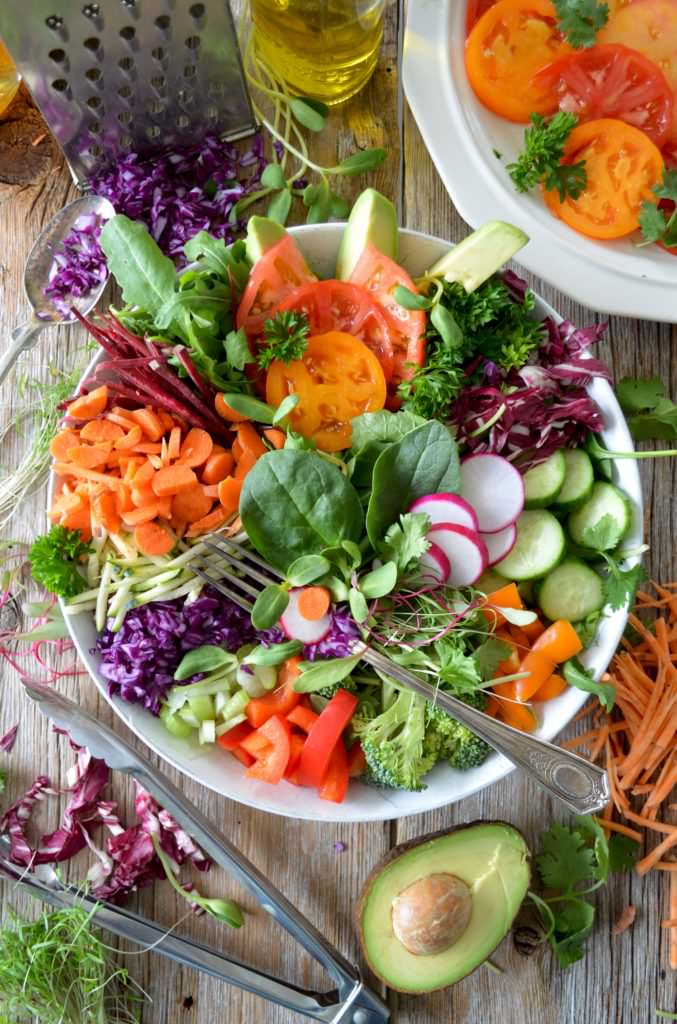
Updated January 2022
We know that staying hydrated is important for overall health. If I ask you how much water you should be drinking, I’m betting that most of you will be able to quote “8 glasses a day”! That’s roughly around 2 litres a day and for the sake of clarity, that’s water not wine…. nor beer…. nor cocktails! It is not clear where this claim originated from but there is no scientific evidence to support this claim.
Indeed, the amount you need to drink will vary from individual to individual. In the first instance, thirst can guide your intake but there are also a number of other signs you should be looking out for (see below)
How about during the winter?
Your body has the same requirements for water all year round and in the winter, you may actually end up more dehydrated. With the extra layers and drier air, t is more difficult to recognise that your body is sweating in colder months.
Furthermore, during the winter months, it’s tempting to drink less water or other drinks. You may not feel thirsty as much or it may simply not be on your mind. During the summer, when we’re sweating in hot weather, it’s much more obvious that we need to replenish the water we are losing but in the winter, you may not realise that you are actually dehydrated.
Dehydration doesn’t tend to happen immediately; it is a more gradual effect and you will be alerted with initial signs such as:
- Dry mouth
- Headache
- Fatigue
- Foggy head/lack of concentration/confusion
- Lightheadedness
- Bad mood/irritability
- Low blood pressure
- Increased heart rate
- Dry, flaky skin in the longer term
Ensuring you don’t get to this stage or beyond, is very important. Our body is 60-70% water and every system in our body depends on it; water:
- Regulates body temperature
- Carries nutrients extracted from our food to where it’s needed
- Carries oxygen to the cells
- Eliminates toxins
- Protects the brain
- Cushions joints
Losing just 2-4% of body water can reduce your body’s ability to perform at a normal level. It is essential that your body maintains adequate levels. Essentially, with less blood volume, your body has to work harder to keep up with its needs and your heart has to beat faster.
Let’s first establish how much water we actually need?
As with much health advice, your needs will depend on a number of different influencing factors; age, gender and weight for a start but then also lifestyle factors will play a part, for example, the climate you live in, your activity levels and your general overall health.
After all, sweat is made up almost entirely of water, so it makes sense that if you’re in very hot or humid weather or you’re exercising intensely, you’ll be sweating more and therefore you’ll need to drink more.
If you’re under the weather and have a fever or you’ve caught a bug and you’re vomiting or have diarrhoea, again, your body will be losing fluids more quickly.
Don’t forget that whilst staying hydrated might not be an immediate consideration during the winter months, spending so much time indoors with central heating can easily leave you dehydrated.
How do you know if you’re hydrated enough?
The best way of knowing is to check your urine next time you go to the toilet! Your urine should be clear or a pale yellow colour and if it’s any darker, this may indicate that you are dehydrated. (Be aware, that some supplements can also cause a more intense yellow urine colour)
Here’s how you can help?
Your body continually aims for hydration homeostasis, in other words maintaining optimal water levels and what is important is that you help your body to achieve this taking into consideration all factors that may influence your fluid intake or evaporation.
The problem is if you don’t like water (as I don’t) and rarely relish a glass of water, you nevertheless need to stay hydrated. The good news is, there are lots of other ways to boost your hydration without counting glasses.
There’s good news…tea and coffee count!
So, aside from drinking water, the good news is that tea and coffee count! Whilst they do have a mild diuretic effect, if they’re not your only source of fluids during the day, you’ll be able to remain sufficiently hydrated.
Here’s 7 ways you can stay hydrated without drinking water:
-
Eat more vegetables
Most vegetables have impressive high water content and eating them will boost your hydration very quickly. It’s one (amongst many!) of the reasons I advise aiming to reach around 7-10 portions a day. Ensuring half your plate is made up of vegetables at each meal can add up to 2 cups of water a day! Consider an extra portion of vegetables or a side salad with each meal or order it as a side extra if you’re eating out. Good choices include:
- Lettuce (especially iceberg) 96%
- Celery 95%
- Radishes 95%
- Cucumber 95%
- Courgettes 95%
- Tomatoes 95%
- Green Bell Peppers 94%
- Cauliflower 92%
- Spinach 91%
- Broccoli 89%
-
Broth Soups
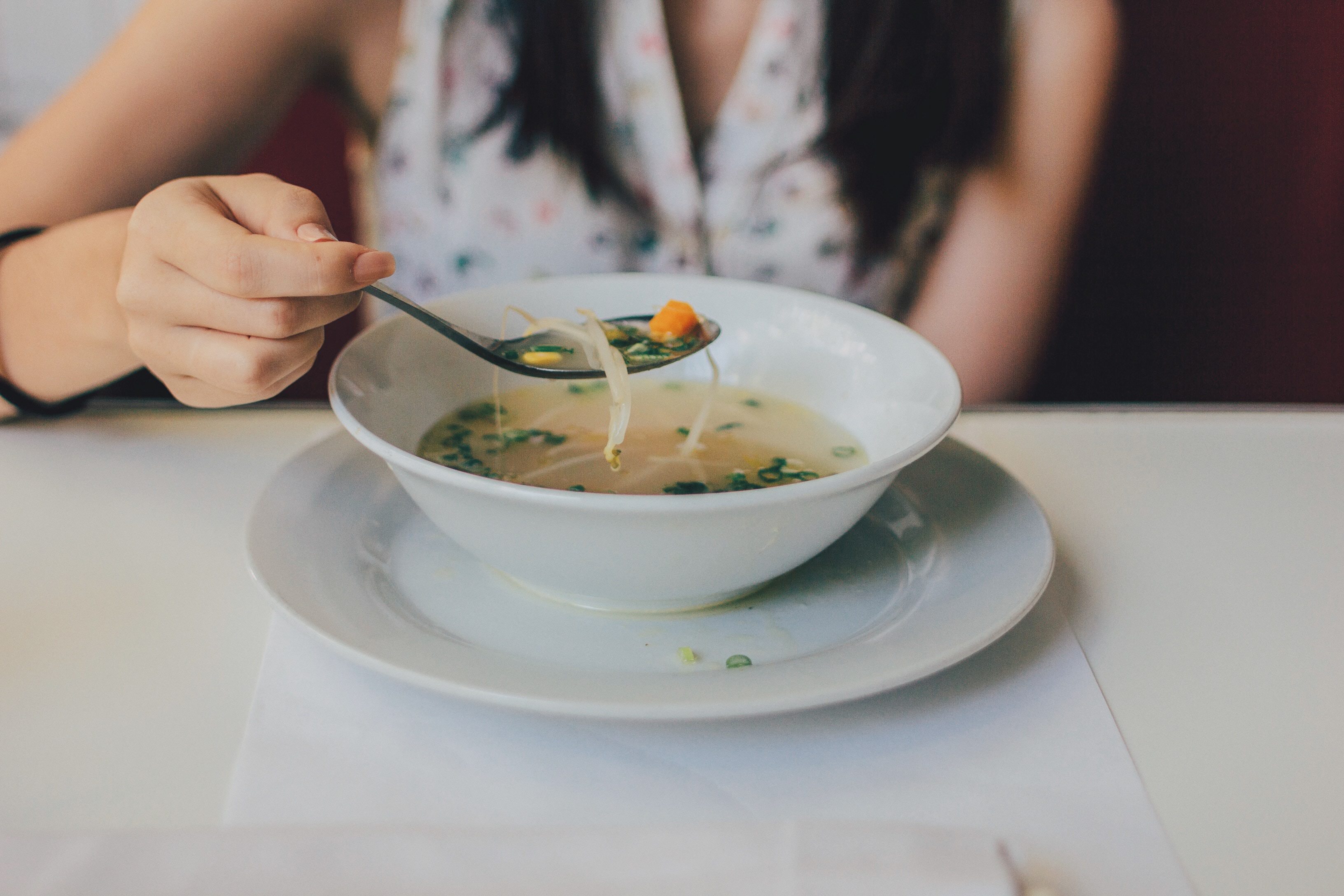
As a liquid meal, broth-based soups, like minestrone or a clear miso soup are an immediate nutritious hydration boost, so include them as often as you can. Perhaps include a small bowl as a starter for a nutrition boost as well. They’re also great to curb cravings if you’re struggling to get to the next meal without eating.
Try this hydrating Vegetable and Quinoa Broth
-
Switch up your carbs
How about switching your heavy carbs like pasta and rice to brown rice, oats and chia. These all absorb water during cooking and will help to boost your hydration. You could also try “courgetti” (courgette ribbons). Courgettes have a particularly high water content and they can be eaten very lightly steamed so you retain that water. Any water that is removed however can be used as part of a sauce on top; a tomato sauce for example.
-
Consider Smoothies/Juices
Whilst my preference is always to eat real food, there are times when a smoothie is a quick and nutritious choice, particularly first thing in the morning if you’re pressed for time. Be sure to include plenty of high water vegetables and fruits such as spinach, cucumber, celery, apple, watermelon, citrus fruits and berries. Aim for a ration of 3 vegetables:1 fruit to keep your sugar content low and consider watering them down.
-
Coconut Water
Some drinks have become popular as a way of staying hydrated due to their electrolytes such as potassium and sodium, essential for normal muscle and nerve action. However, the body is very sensitive to any imbalances of these and an unnatural imbalance can have serious health consequences. It is important to choose a drink that is as natural as possible. Sports drinks whilst containing some electrolytes that will hydrate are usually also high in sugar and colourings/preservatives. Good quality coconut waters can be a more natural alternative; they have very high water content and are also rich in electrolytes and offer a more interesting thirst quencher rather than water.
-
Herbal Teas
These are my staple hydration boost! Green tea and naturally caffeine-free alternatives such as peppermint, chamomile or even fresh ginger or fresh mint; they’re all perfect ways of ensuring you stay hydrated. Keep a herbal tea on the go all day whether it’s freshly made or simply top it up with boiling water.
-
Milk

Milk contains water as well as protein and carbohydrates and therefore stays in the body for long as it needs to pass through the digestive system. Whether it’s a refreshing cold glass or a warming hot chocolate, it’s certainly one to consider.
Whatever measures you take to ensure you’re always hydrated, it’s a good idea get into good habits so the suggestions above become part of your DAILY diet and lifestyle choices.
So, as long as you’re eating plenty of high water content foods and drinking fluids when you feel thirsty, staying hydrated is easy!


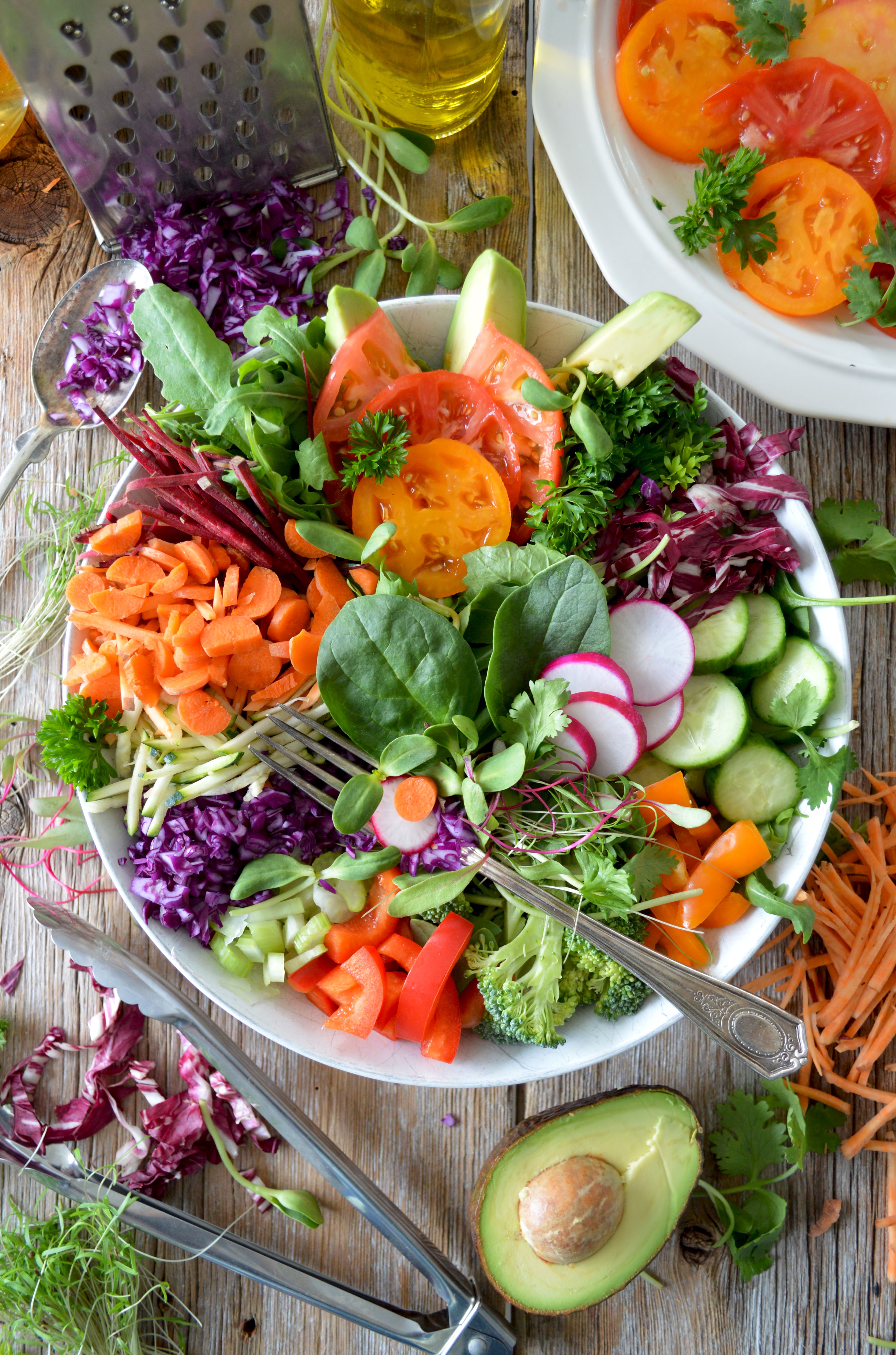
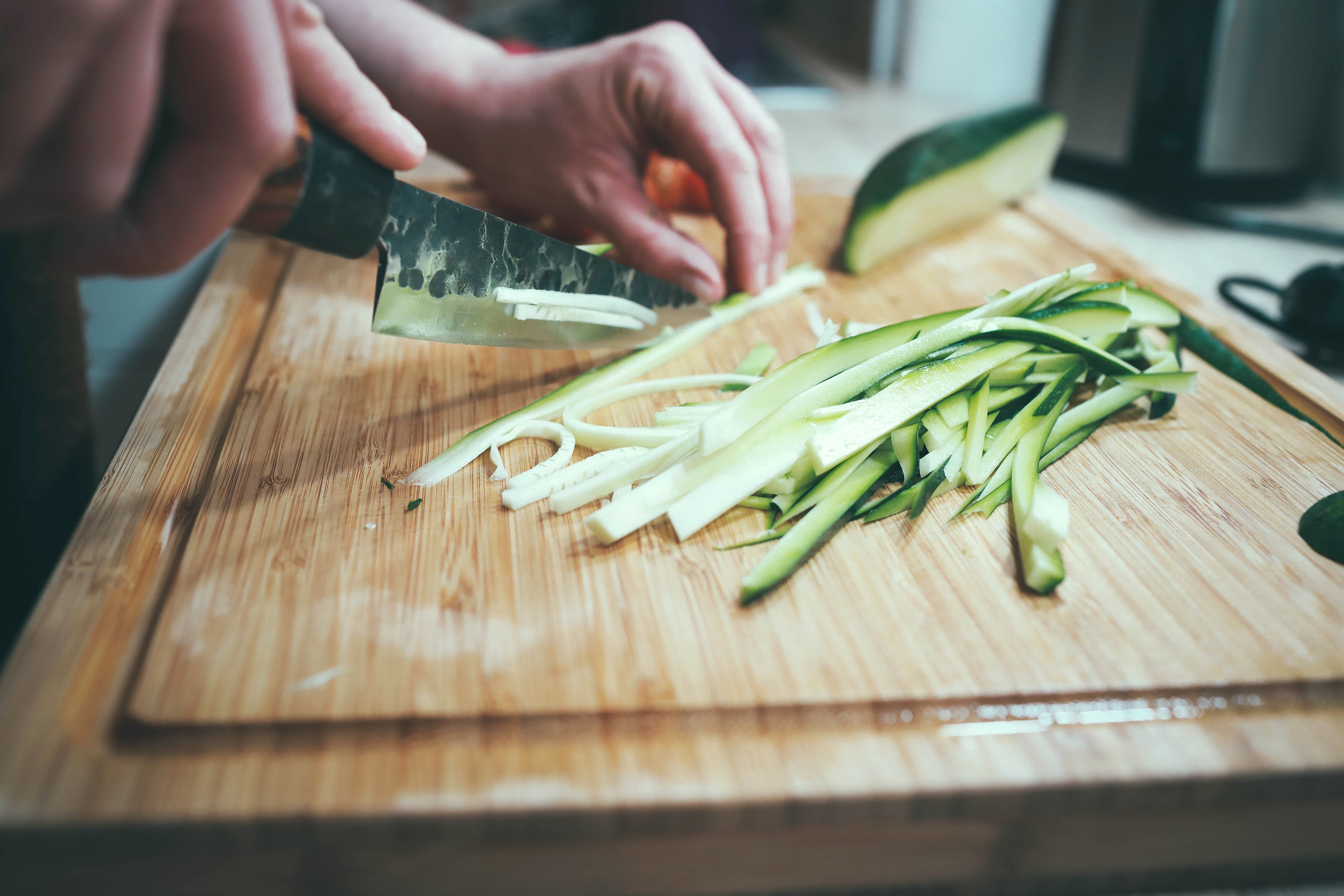
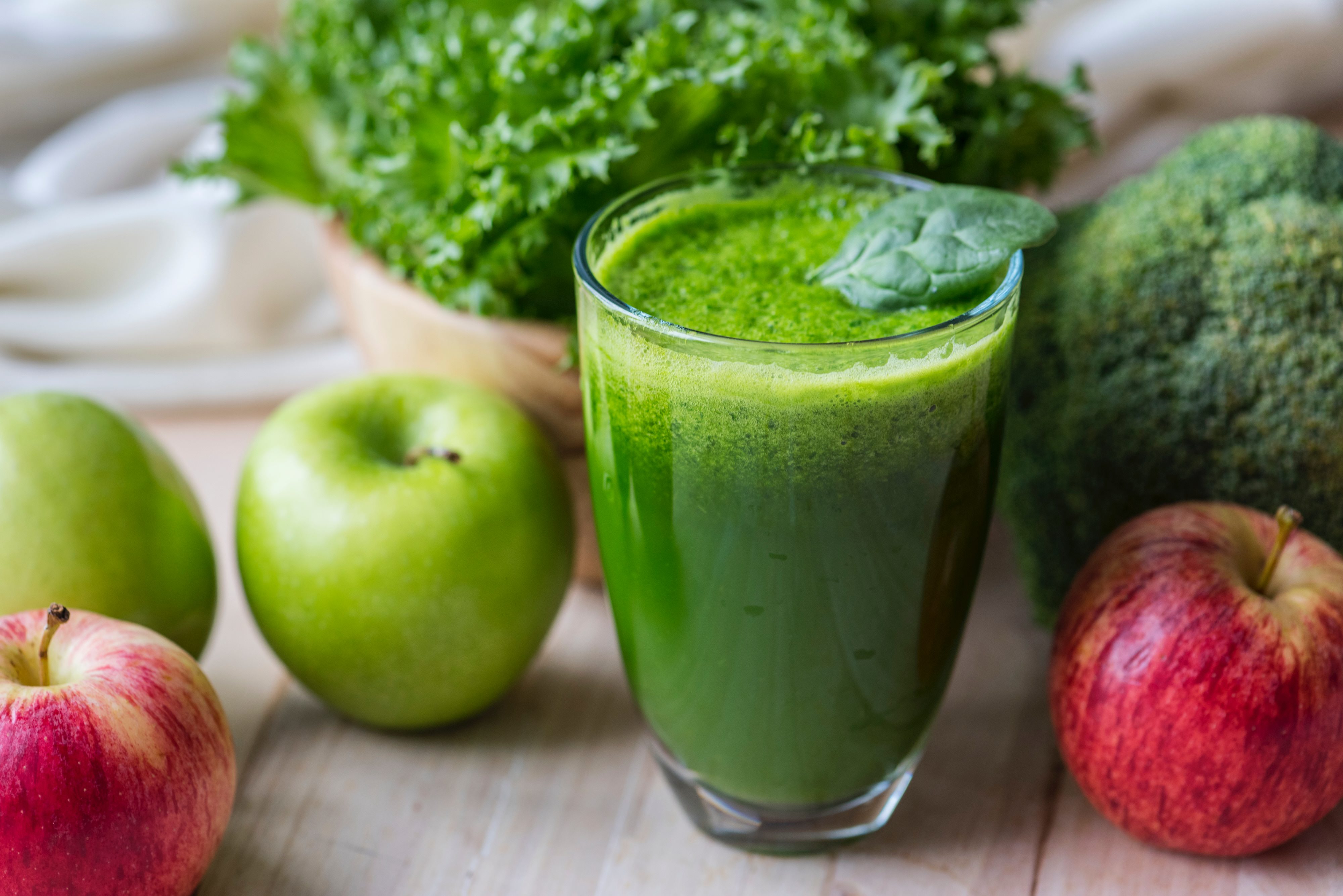
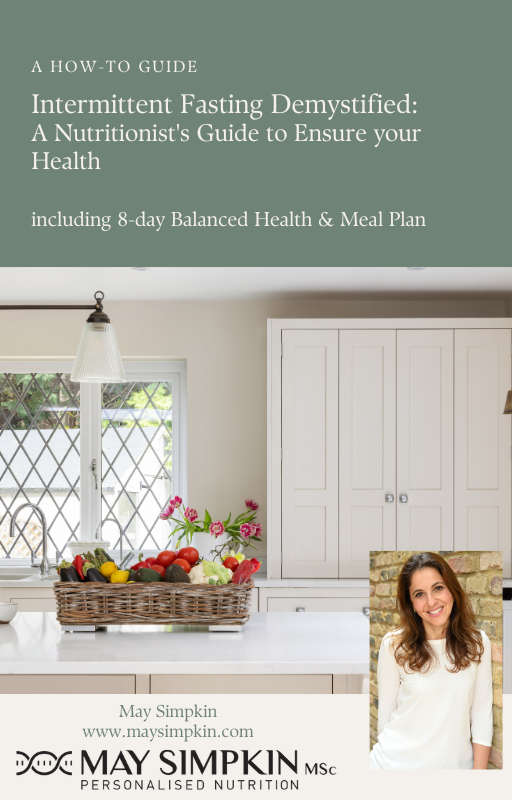
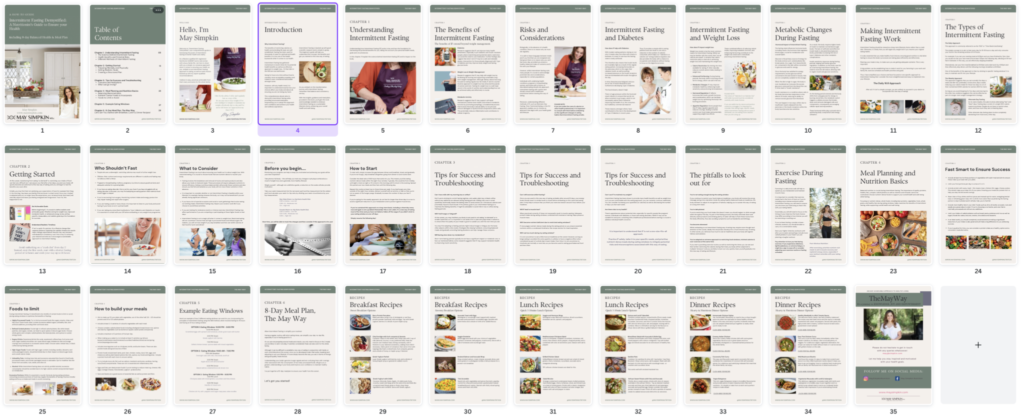

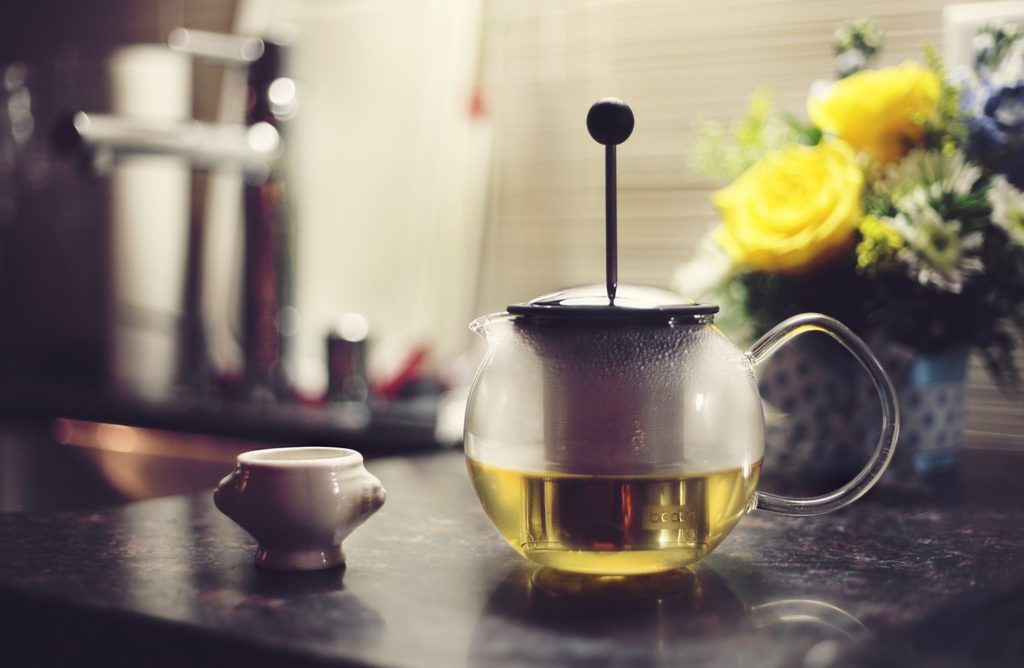

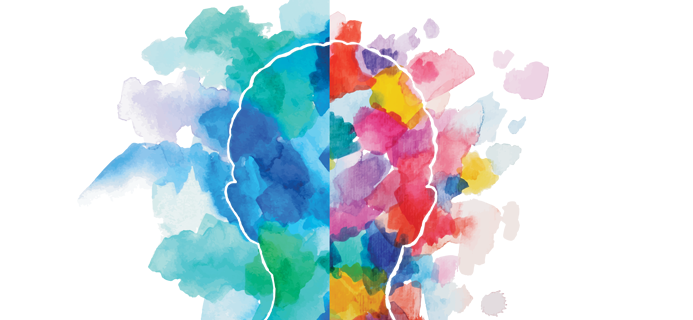
2 Comments
Shameer shaik
Gd article abt how to hydrate the body..
Tq
Edafe Otadua Fredrick
Wow really great explanation.